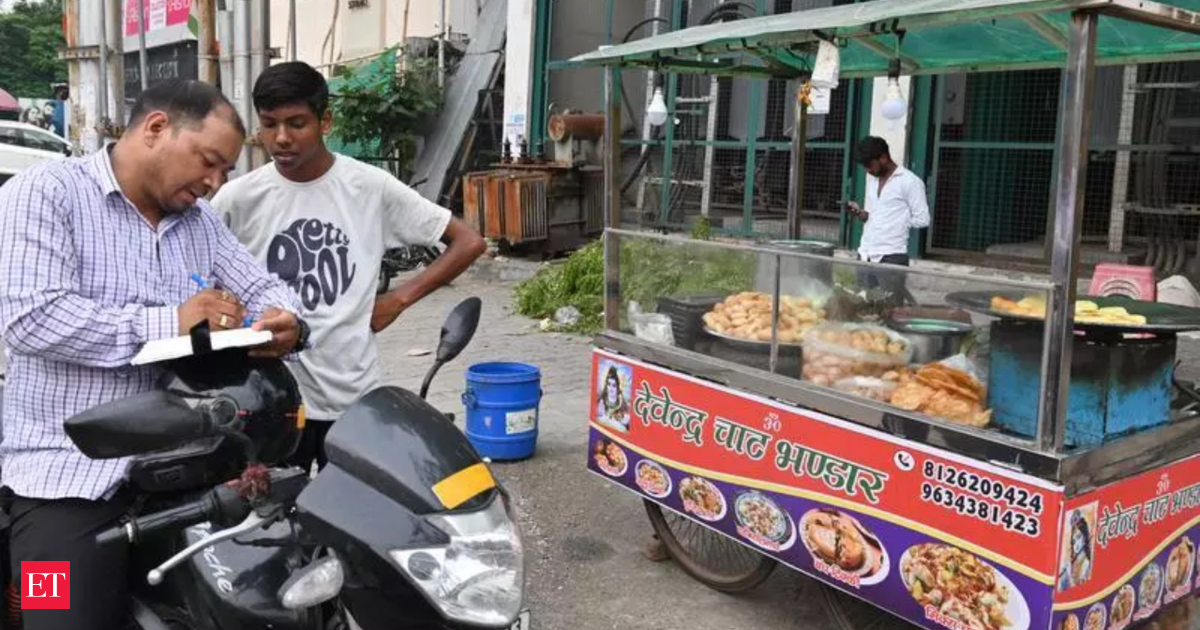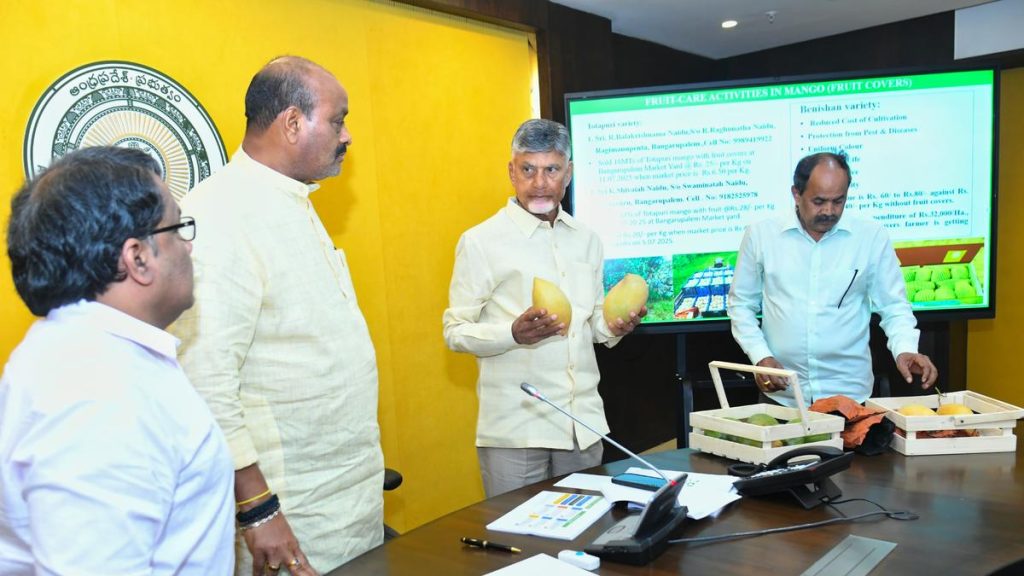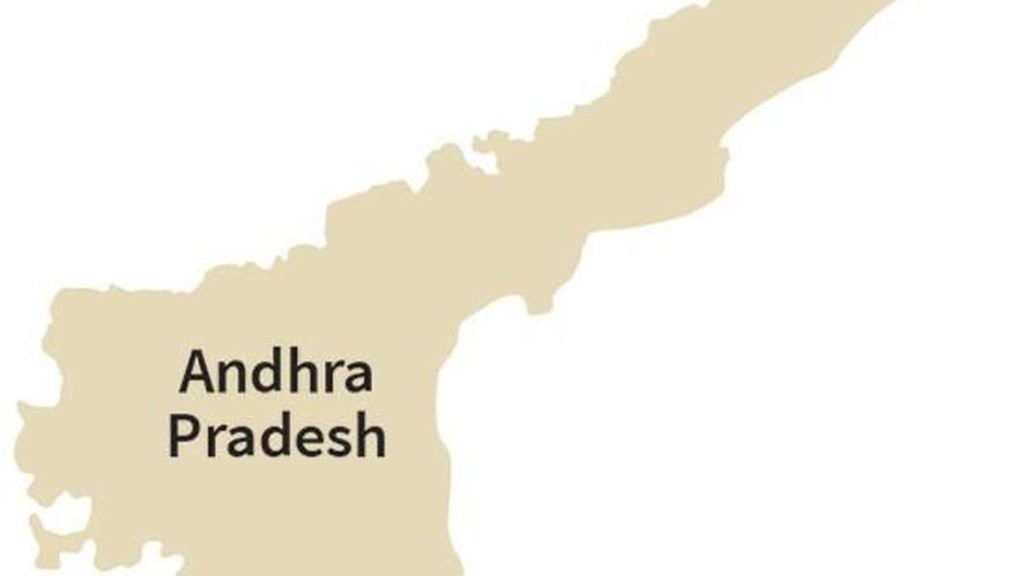Now Reading: Kanwar Yatra: SC Mandates Hotels to Display Licenses
-
01
Kanwar Yatra: SC Mandates Hotels to Display Licenses
Kanwar Yatra: SC Mandates Hotels to Display Licenses

Quick Summary
- The Supreme Court directed hotel and dhaba owners along the Kanwar Yatra route in Uttar Pradesh and Uttarakhand to display their licenses and registration certificates as per statutory requirements.
- The bench of Justices M.M. Sundresh and N.Kotiswar Singh chose not to address other issues like displaying hotel names or QR codes,citing the yatra’s imminent end.
- This decision stems from a plea filed by academician Apoorvanand Jha and others challenging directives on identity disclosure for eatery owners along the route.
- Last year, similar government mandates requiring eateries to display owner names were stayed by the court.
- Petitioners argue that new requirements like QR code integration revealing religious or caste identities breach privacy rights under lawful licensing pretexts.
- The Kanwar Yatra involves devotees carrying holy Ganga water for shivling worship during Shravan month-a period when many participants avoid meat, onion, and garlic.
Indian Opinion Analysis
The Supreme Court’s directive emphasizes adherence to statutory norms while avoiding debates over contentious measures such as identity disclosure via QR codes. By limiting its intervention, the court balances regulatory enforcement with constitutional safeguards related to privacy dignity-rights often raised in objections against alleged profiling practices.
This issue touches on broader concerns about balancing administrative efficiency with individual freedoms-particularly in sensitive contexts involving faith-based events like the Kanwar Yatra. For India, ensuring regulatory compliance without bias is critical amid rising scrutiny over personal data use or alleged discrimination based on religious or caste identities.


























